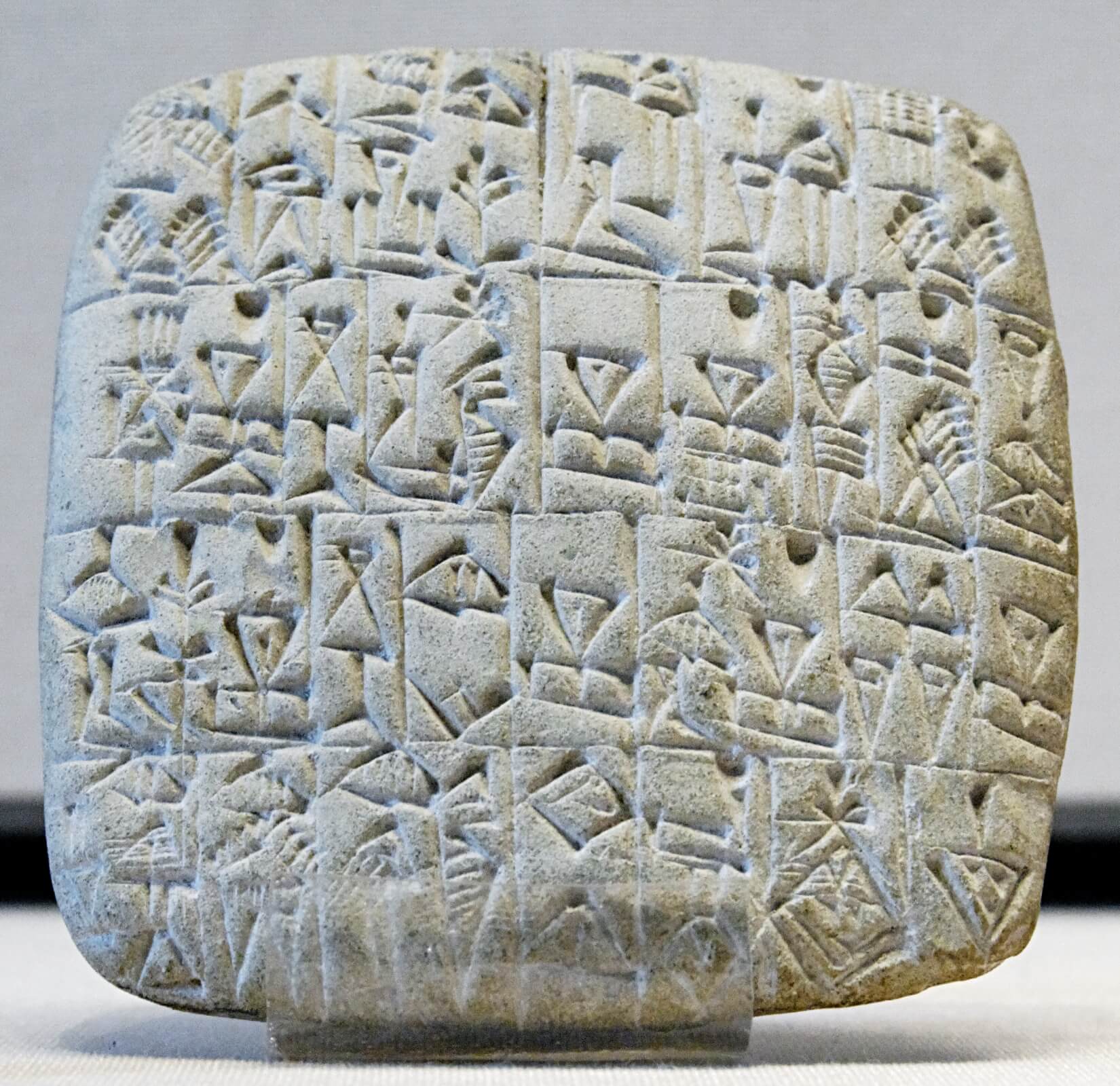Contracts, the bedrock for business since the dawn of civilization but what are they good for? Something we generally take for granted in our modern business environment, contracts are ubiquitous in every business relationship in nearly every country in the world. Even with contracts I am sure many of our readers have experienced failed business relationships or having to enforce a contract through a court or other means. So what are the uses for contracts despite still losing business relationships or having to enforce the contract? Well let’s explore contracts a bit and understand why we use them.
History
Some of the earliest evidence for written contracts have been dated back to 3000BC in Ancient Sumeria. Archaeologists who have decoded the Sumerian written language, which were essentially pictographs, have found contracts for the sale of houses, food, commodities, and even slaves. Even at this early point in human history, the foundations for basic commercial transactions and a written contract had been formed and used throughout. The clay tablet contracts detailed the transaction by describing the parties involved, the property, names of two witnesses to the transaction, and an administrative seal. One of the most fascinating aspects of studying these early contract forms is that one of these clay tablet contracts for the sale of a slave even contained the various guarantees and warranties about the slave being sold. In particular the sellers guaranteed that the slave will neither become insubordinate, nor prove to be subject to any governmental claims, nor prove to have been emancipated by adoption.
While I am certainly no archaeologist, there are not many aspects of ancient life which has survived as nearly intact as ancient contracts. Contracts were so fundamental to human relationships and commercial transactions to have developed so early in our history and survived well into the modern age. From what archeologists can gather, the use of contracts and written forms developed from the growing complexity of our societies where relying only on witnesses became unwieldy and inefficient. There are no ancient legal texts which formulate the ancient theory of contract but we can make several assumptions based on those documents, what they do, and the manner in which they were executed:
- The agreements had long term consequences and a need for a permanent record
- Reliance upon only witnesses was not 100% reliable
- There were some standard formalities to executing a contract
- The agreement would be binding upon the parties
- The contract would be evidence of the agreement between the parties
- There was some form of dispute resolution in these early societies where contracts would be useful
Based on these basic assumptions we can gather that early contracts are remarkably similar to our modern contracts use and drafting. Making yet another assumption, ancient use of contracts likely tracked our own reasons for using contracts.
Why Contracts?
In ancient times, a contract was a (near) permanent record of a transaction which could be used to help determine a judgment in a dispute. In modern times, we use contracts in the same manner with additional technicalities and nuances. But why use is a permanent record of a transaction? Use of contracts allows for us to have three qualities tied to our commercial dealings: evidence, assurance, and stability. All of these are necessary for the growth of commerce and ultimately, wealth. Evidence allows for the parties to a contract to present their understanding of the transaction should another party not perform or attempt to subvert the contract in some way. This evidence is then further used by a dispute resolution model, whether a plea to a king or a court or an arbiter. Contracts provide some assurance to the parties that the planned and negotiated transaction will take place under the terms agreed. In instances where contracts are not used and conditions change, a contract may no longer be beneficial to one of the parties and encourage nonperformance. Assurance allows parties to commence the transaction without fear that changing conditions will void the transaction to their detriment.
Lastly, a contract provides stability to both the parties involved and the greater commercial environment at large. When a party to a transaction can rely upon the agreement being memorialized and enforced, it allows for everyone involved to have a baseline of foresight of what happens next. This foresight brings stability or what I would consider a lack of the unknown. The more you understand and know will happen in the future given certain circumstances, the more stable the environment. For example, in the US we know that when we dial 911 that we will be connected to emergency services and that those services will be available to us as we need. In places where this is not the case, there is a lack of stability in that people cannot rely upon the structures in place to deliver the expected result when needed. All of these elements are necessary for a healthy and growing commercial environment. And that is the key reason why we utilize contracts: to grow commerce and wealth through evidence, assurance, and stability. Even when some contracts go bad or disputes arise, the trust and foundation upon contracts allows those disputes to be adjudicated in a predictable and fair manner. Regardless of the situation, a commercial transaction will be in a safer state of affairs with a written contract. Something we understood even in 3000BC.
If you need help in drafting or reviewing contracts for your business, get Reidel Law Firm on your team to ensure you and your business are protected. Reach us by the email button below or by calling us at +1(832)510-3292.


